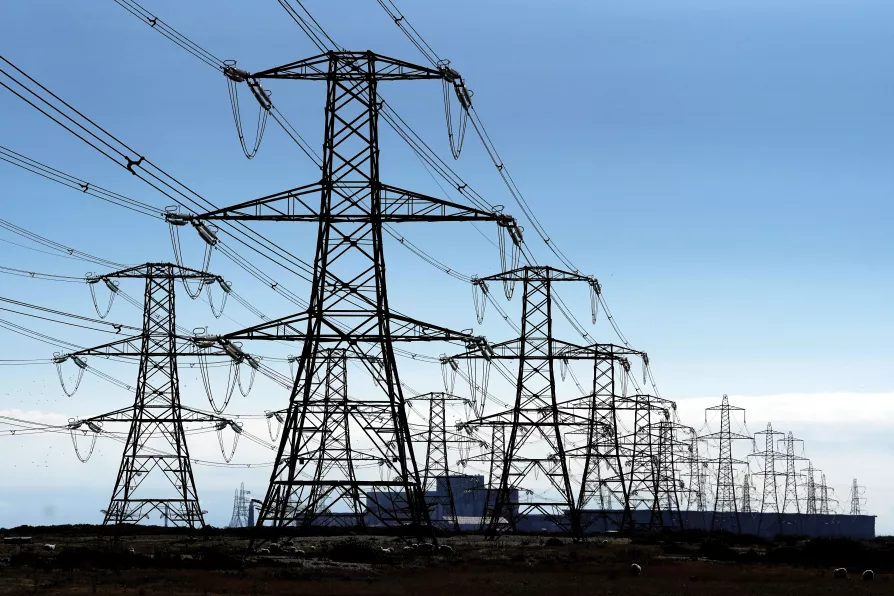As tens of thousands return to the streets for the first national Palestine march of 2026, this movement refuses to be sidelined or silenced, says PETER LEARY


LABOUR’S 136-page general election manifesto contains almost as many pictures of Keir Starmer as it does concrete policy commitments.
There are 191 mentions of the word “change,” plenty of platitudes and very few details. The document contains lots of colour but, appropriately, the section outlining “Labour’s fiscal plan” and shackling Keir Starmer to the prevailing economic orthodoxy is entirely grey.
The message is clear: Labour will be sensible managers and responsible custodians of the status quo. Adorning this otherwise bland electoral offer are an array of intentionally vague promises to which Labour MPs can point when asked the inevitable question, “what will actually change?”

RMT’s former president ALEX GORDON explains why his union supports defence diversification and a just transition for workers in regions dependent on military contracts, and calls on readers to join CND’s demo against nuclear-armed submarines on June 7













